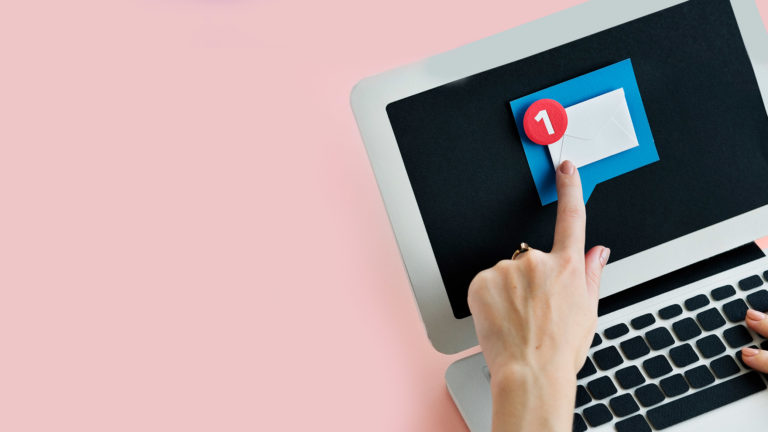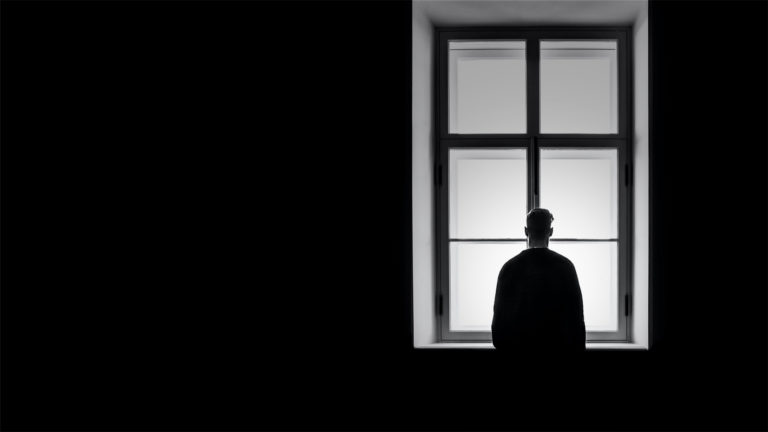Reclaiming relaxation is part of our ongoing foundational research, in that, we’ve uncovered 12 motivation “areas”—encompassing our unobservable needs, wants, interests, and desires, that energize and direct our behaviors, and can explain the solutions we choose.
As we’ve explored these motivations through the lens of COVID-19, we saw an increase in Reset and Rejuvenate. At surface level, it might seem unsurprising that an area so closely tied to relaxation is driving behavior during a time when we have more unstructured time than ever
But beyond the fact that people are relaxing more, we’ve seen an interesting shift in how people are relaxing – reclaiming relaxation. And while it may not feel like there are a lot of positives coming out of our (dare I say it) “new normal,” this certainly feels like one.
Instead of the approach to relaxation defined by our “hustle” culture (even if that may seem like a distant memory)—one that may have felt more contrived and commercialized, where “relaxation” was just another item on your to-do list rather than something that truly made you feel balanced—we’re now prioritizing, and reclaiming relaxation in new ways and shifting what it really means to relax in the scope of our ever-evolving lives.

Jobs to be Done | The Sound
But Why?
We’ve been on the road to burnout for a long time, coupled with a growing wellness movement that’s made us more aware that the way we’re living our lives simply isn’t sustainable. Enter COVID-19, an undeniable crisis that forced us all to do the unthinkable: slow. down.
As we spoke to hundreds of people living in lockdown around the world, our conversations illuminated two underlying shifts in what we value driving this evolution in how we relax.
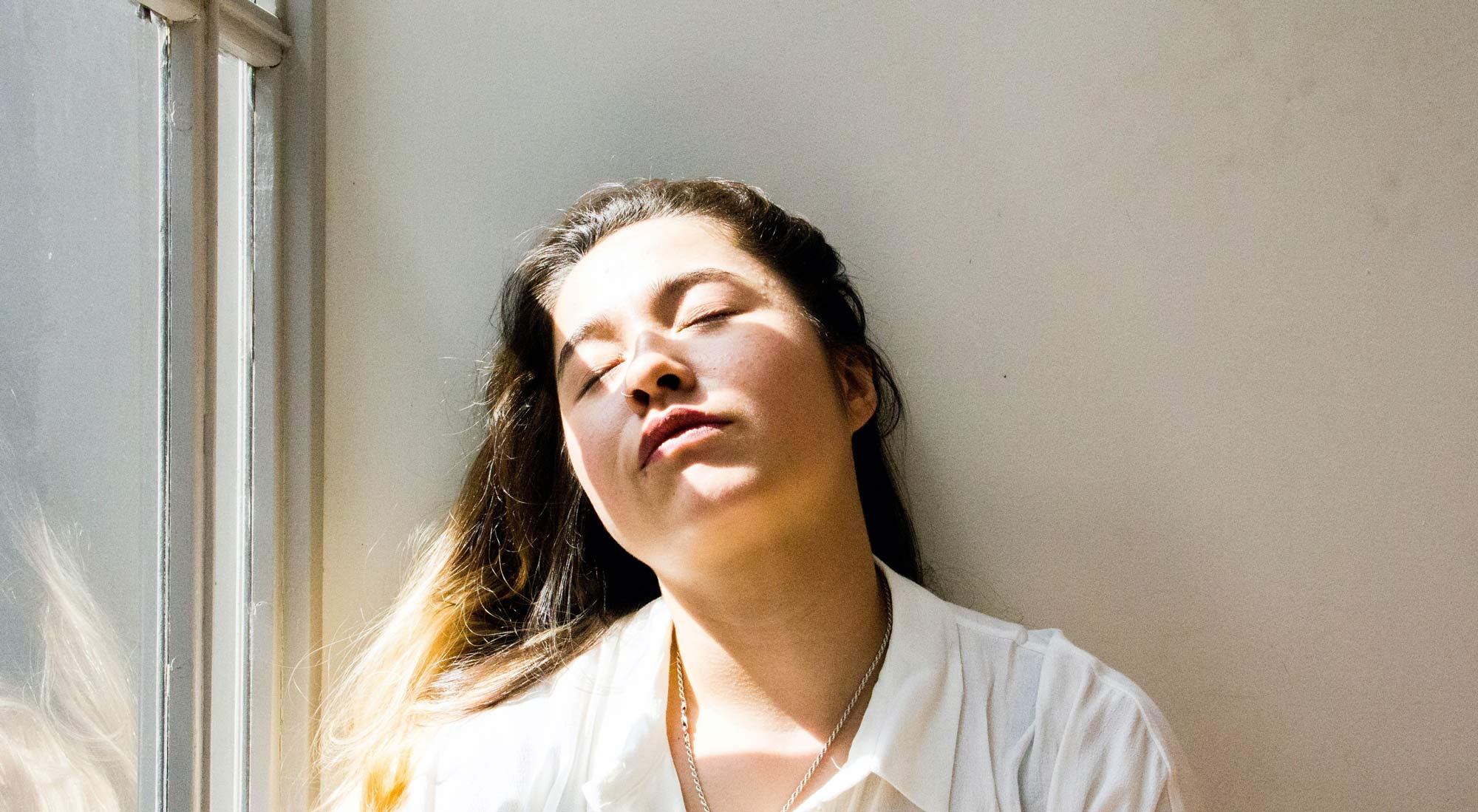
- A shift towards a holistic and proactive approach to relaxation—one that considers the role of our physical, mental, and emotional well-being, for us to be the very best version of ourselves. The wellness movement has been building for a while but has become top-of-mind as this crisis threatens all aspects of our well-being, with how we relax being a crucial component.
- Rising desire (and action) towards a complete reset of the self—moving away from escapism and running away from our present situation to finding ways to be present and heal. This means prioritizing time to look inwards, to consider our identities and long-term aspirations, and then taking the necessary steps to shift our paths forward.
By better understanding the behavior changes that define these shifts, we’ve identified some related dynamics that are purely situational—tied to the nature of our current times that we’re eager to discard as soon as can freely enter the world—while others reveal long-term considerations for brands to ensure they can continue to meaningfully reach people and achieve future growth.
From Mindless to Intentional Relaxation
While meditation has long been the fastest-growing health trend in America, the concept of mindfulness extends far beyond listening to Harry Styles tell you bedtime stories.
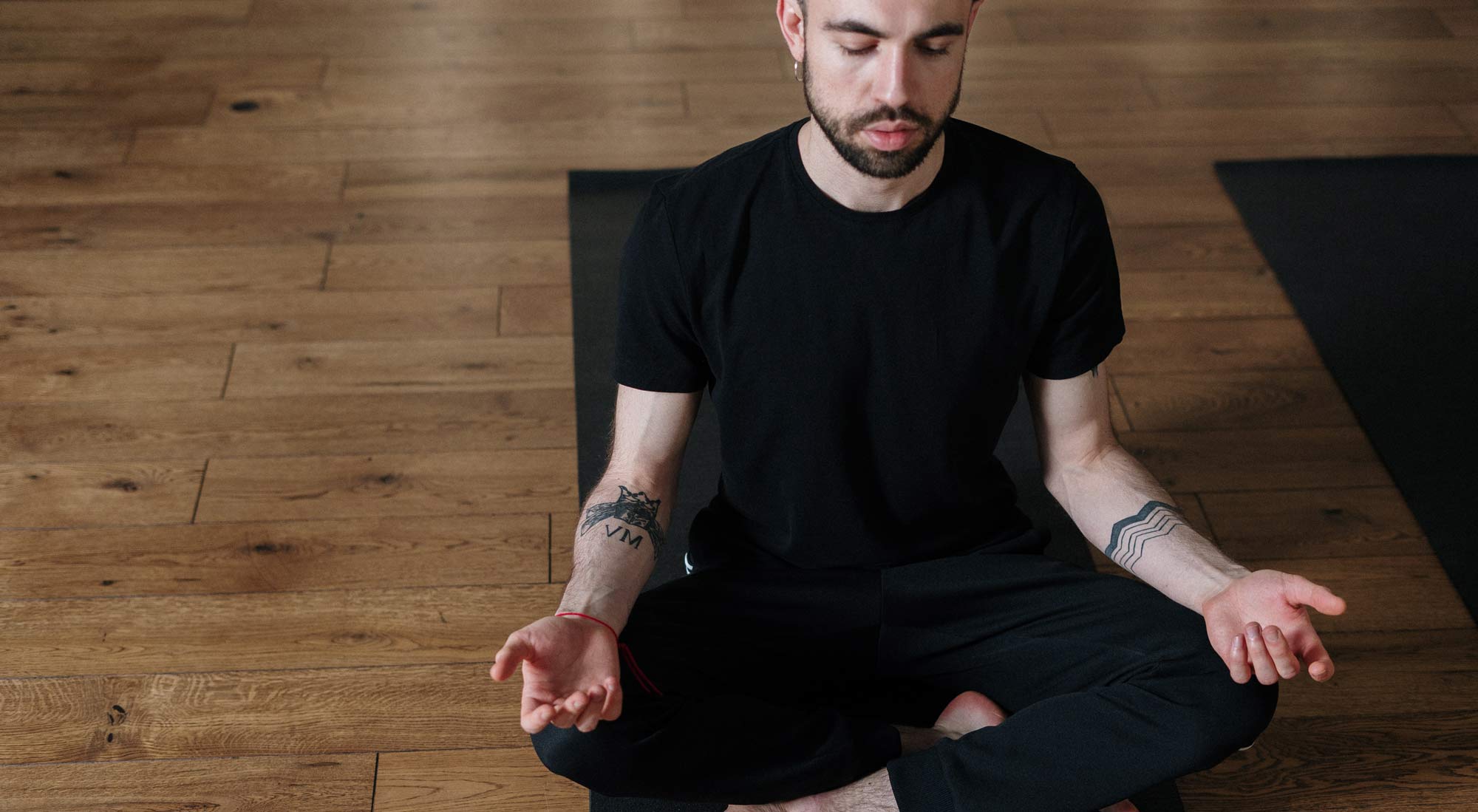
With all aspects of our lives occurring within the same walls, we’ve had to approach relaxation with more intent—putting greater effort into prioritizing and carving out time to truly separate our blurry days. Literally reclaiming relaxation. This also means that the activities and means of relaxation we choose have changed. Instead of turning to classic “quick fixes” like face masks or essential oils (placed in diffusers as we literally burn the midnight oil), squeezed into busy schedules just so we can check the box that we’ve “self-cared,” we’re opting for methods of relaxation that have clear long-term benefits, improving our productivity, creativity and overall happiness—even if they require more time spent in the meantime.
In the short term, turning to things like gardens, houseplants, and our sourdough starters might satisfy that need to relax while (literally) growing something for the future, but as soon as we can safely escape from our homes, we may face a new epidemic of neglected greenery and resold bread machines.
But even as we break free of our constraints, we’ll likely continue to turn to products and services that offer a clear reward, contributing to a greater pursuit of meaningful passion projects and activities that still feel relaxing (i.e., don’t necessarily feel like more work). Quarantine has reminded many of the joy of learning—whether that’s through taking the time to immerse oneself in reading about important cultural and historical movements or taking up new exercise routines that you never had time for before. We’re rediscovering the meaning that relaxation can bring, pursuing progress by carefully curating what feels most right for us vs. allowing things to be forced upon ourselves.
“As the pandemic vortex deepens, I realize how important it is to relax. For me, it’s not switching off. It’s just switching on a different part of my brain. Meditation, for example, brings me to a space which allows for deeper creative thinking.”
– Female, 30
From a Mental Escape to Deeper Healing
In our normal hustle-filled lives, truly relaxing felt like wasting valuable time. Not being productive meant falling behind the pack, creating a spiral of anxiety and self-deprecation. Now as we face not just a global health crisis, but a mental health crisis that will persist well into the future, giving ourselves permission to relax, in whichever form we most need, has become an absolute necessity. We see that people are giving themselves permission to truly rest, finding peace in doing nothing, and respite from the anxiety of the chaotic world we live in.
In the short term, this has meant a rise in escapist behaviors via social simulation video games like Animal Crossing and TV shows that connect us to a world we can’t be in. But watching shows about travel, delicious food, and dating will only go so far once we’re able to actually experience these things for ourselves.
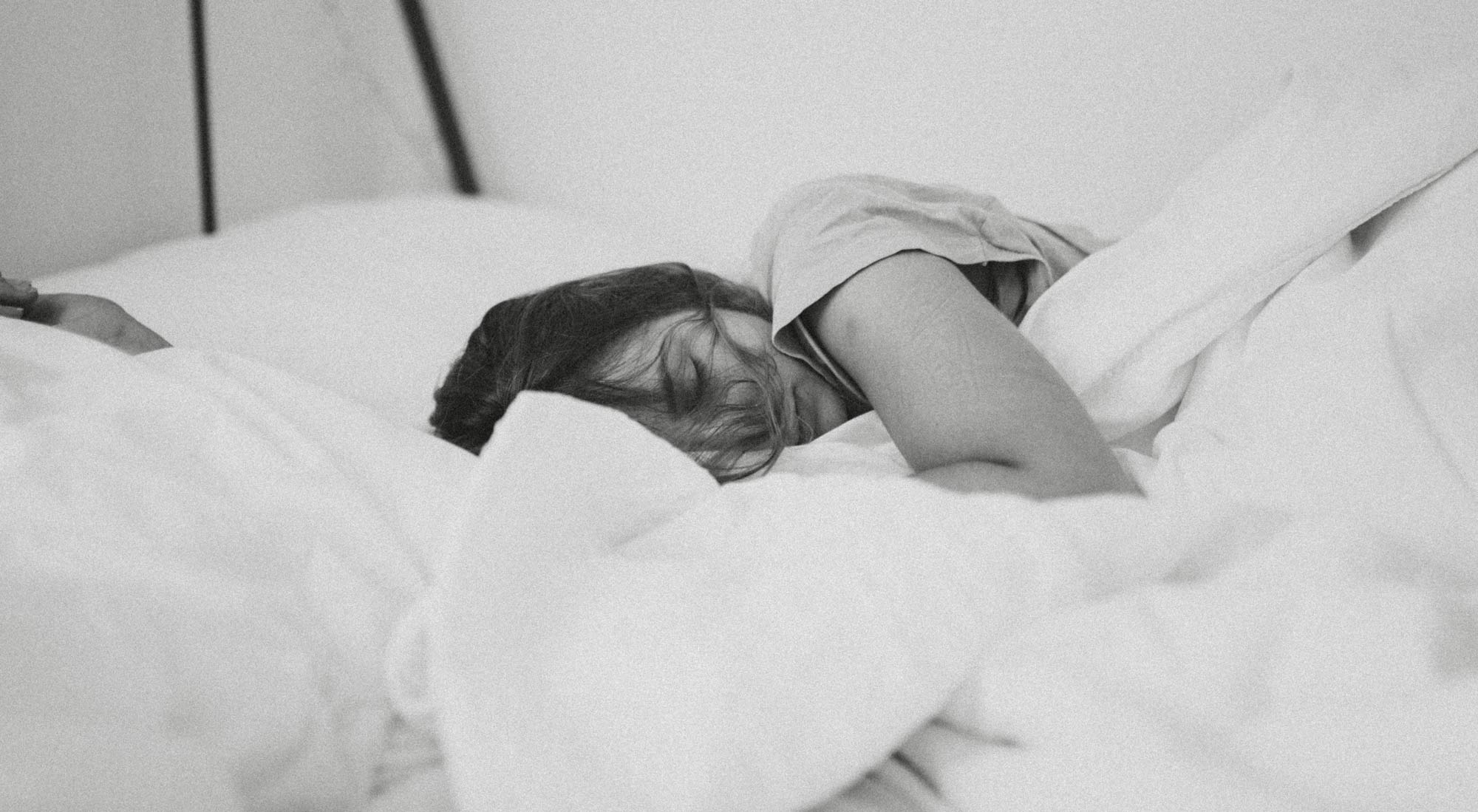
One behavior that we predict is here to stay is a greater value and prioritization of sleep. Our current crisis has challenged the mindset that “sleep is for the weak” and the toxic culture that connects lack of sleep to career success. Many people have reported sleeping more during the pandemic as an essential form of relaxation, without the guilt that may have been associated before.
Leading up to the current moment, we’ve seen the slow rise of trends like sleep tech and the circadian rhythm diet as awareness has grown of the importance of sleep to our overall health and well-being. Sleep helps us effectively process the overload of information and emotions we combat on a day-to-day basis—something that has become essential to deal with our million different worries. While nonexistent commutes and fewer activities competing for your attention certainly help here, as people relish in the benefits and mental rejuvenation that sleep provides, we predict they may not be so quick to give this up once we go “back to normal.”
“The stress of this situation is of a totally different nature than what I’ve experienced before… but I’ve found ways to tackle it like really focusing on getting a good night’s sleep.”
– Female, 55
From Over-Connection to Meaningful Self-Reflection
While Gen Z has driven a return to meaningful social connections, people are also rediscovering the importance of meaningfully connecting with oneself. This is partially a symptom of burnout from constant (yet often unfulfilling) virtual social connections, and also a realization that we finally have the time to look inwards and “reset” ourselves.
Even more so, we don’t just have the time to reflect on our evolving needs, feelings, and experiences, but also really sit with them and act on them. We’re embracing the beauty and benefit of being alone, smashing any stigma of unapologetically enjoying “me time” and using this time to better ourselves.
The “back to nature” craze presents an interesting dynamic here, one that has manifested situationally and will likely continue to persist well into the future.
Our desperation for the outdoors started as a quick fix—brief walks around the neighborhood offering a safe reprieve from our suddenly closeted worlds, urbanites flocking to the suburbs for access to green space and fresh air. But as the world starts to open up, this desire to be in nature has continued. We see cultural institutions figuring out how to reach communities with music and the arts in outdoor settings. And as people begin to cautiously plan trips, being connected with nature remains a #1 priority.
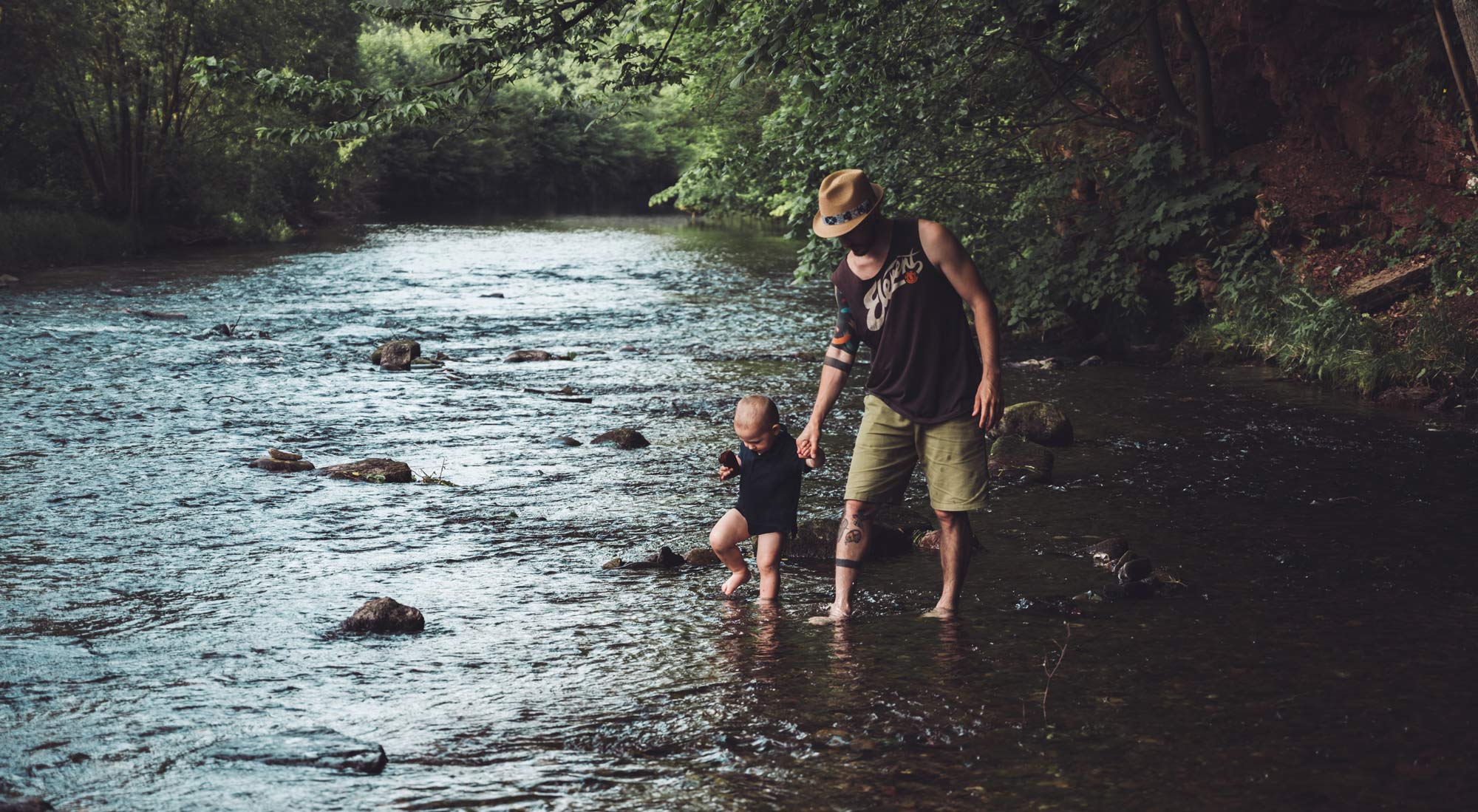
But as those we’ve spoken with have echoed, nature has become so much more than an escape. While nature reveals opportunities for us to connect with others in a safe way, even more so, it seems to allow us to reset, disconnect from the anxieties of the digital world and relish in life’s small pleasures, clearing our minds and feeling grounded in the world around us. Science backs up this experience, with studies showing that even 20 minutes outside can lower stress hormone levels, boost self-esteem, and improve mood.
“The world has seemingly slowed down, and it’s been important for me to slow down with it—to gather myself, to go out for a walk just for the sake of being outside and to spend time asking myself questions I wouldn’t have had time for before.”
– Male, 21
What Brands Need to Consider as the World Opens Up
So what does all this mean? While some of these behaviors around relaxation will be thrown out along with the other crutches that have kept us going during quarantine, the underlying values shifts towards a proactive, holistic approach to relaxation and the acceptance of taking time to truly reset are likely to continue as we become less and less homebound. Reclaiming relaxation is likely to stay alive and well as the we go back to ‘normal’.
While this may make home entertainment brands nervous, we believe there are ways to innovate beyond our situational needs and walk hand-in-hand with people as they re-enter the world.
To win as we increasingly leave our homes, brands should ask themselves…
- How might we shift “quick-fix” forms of entertainment to ones that offer a clear long-term benefit—allowing us to relax, while simultaneously contributing to improved productivity, creativity, and happiness?
- As we transition from a public health to a mental health crisis, how can entertainment play a meaningful role—no longer just providing an outlet to escape but truly helping us feel more grounded and better connected with ourselves?
- As we embrace the beauty (and benefits) of doing nothing, how might we re-engineer entertainment to better support this desired state?
Finding ways to deliver on these deeper value shifts and empowering reclamation relaxation will keep you ahead of the curve as cage doors around the world increasingly swing open!
Read more about Our Approach to Creative Analytics.

